2019/01/10(木)
Pitch 3-1 : Development of the aspiration detection sensor improving the quality of rehabilitation for dysphagia patients
|
Research fellow, Graduate School of Biomedical Engineering, Tohoku University |
[Summary]
The patients after the brain stroke pass acute phase, recovery phase and chronic phase to get back to normal life. But in many cases, patients in recovery phase cannot eat from mouth well. Such patients undergo gastrostomy surgery for nutrition and 95% of such patients cannot eat from mouth again. This is a huge loss of quality of life. To solve this problem, we need to intervene at recovery phase.
In Japan, dysphagia, i.e., swallowing disorder, common form of issue related to elderly people when they are admitted to the hospital for a longer period. In addition, pneumonia is yet another complication.
Tohoku University worked on developing aspiration detection sensors, where the patients will have neck holders with sensors, thus, aiming at safer rehabilitation that sets on an alarm when there is aspiration. This enables the patient to take food through mouth. The core technology is based on through-transmission ultrasound, which can detect deeper neck areas that cannot be detected by the conventional ultrasound technique.
The initial target market size of this technology is about $50M in Japan and US, respectively. So far, the research has reached the clinical studies stage, and to accelerate the project, there is a need for skilled engineers for signal processing and data analyzing.
[Mentors' comments]
"Maybe you are doing a clinical study by using a prototype, so what are the main difficulties to get the ideal device?."Mr. Shogo Nakamori, PAREXEL International
"This is very interesting technology because at least back in the States we have patients sitting in the hospital for a couple of days waiting for the video endoscopy to figure out if we can feed them or not and having something that the nursing staff could put on."Dr. Kevin Grimes, Stanford University
[Profile]
Dr. Hara is a certificated physician of otolaryngology. Especially he is engaged in medical practice and research on dysphagia. In 2016, he participated to Japan biodesign fellowship program, which is an entrepreneur education program of the medical device area. His present work is R&D of this subject in Tohoku university.


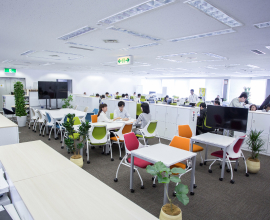


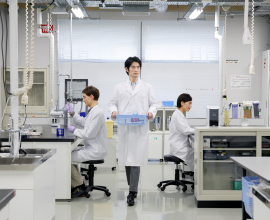
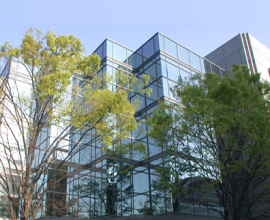
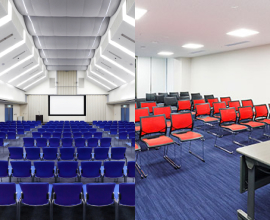
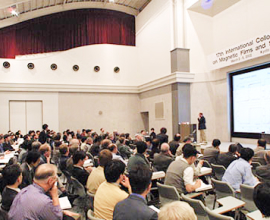
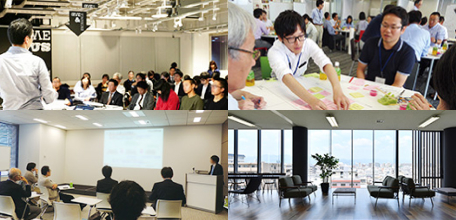
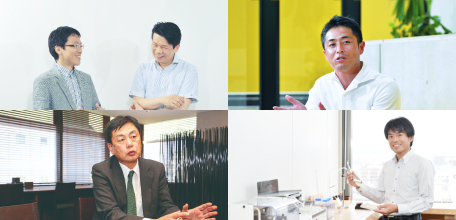

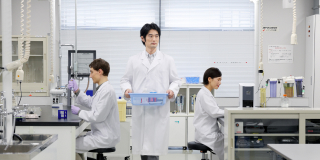


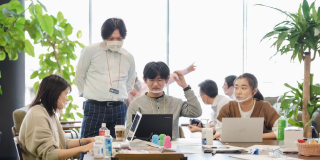
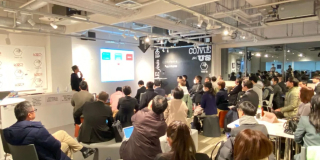

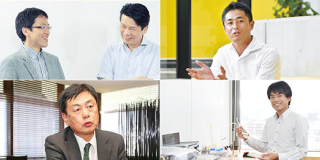


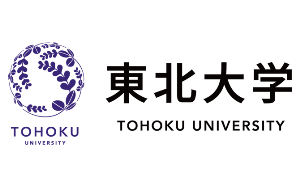
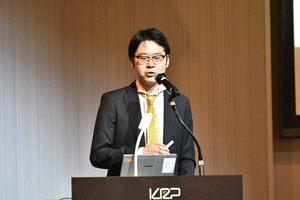 Yusuke Hara
Yusuke Hara